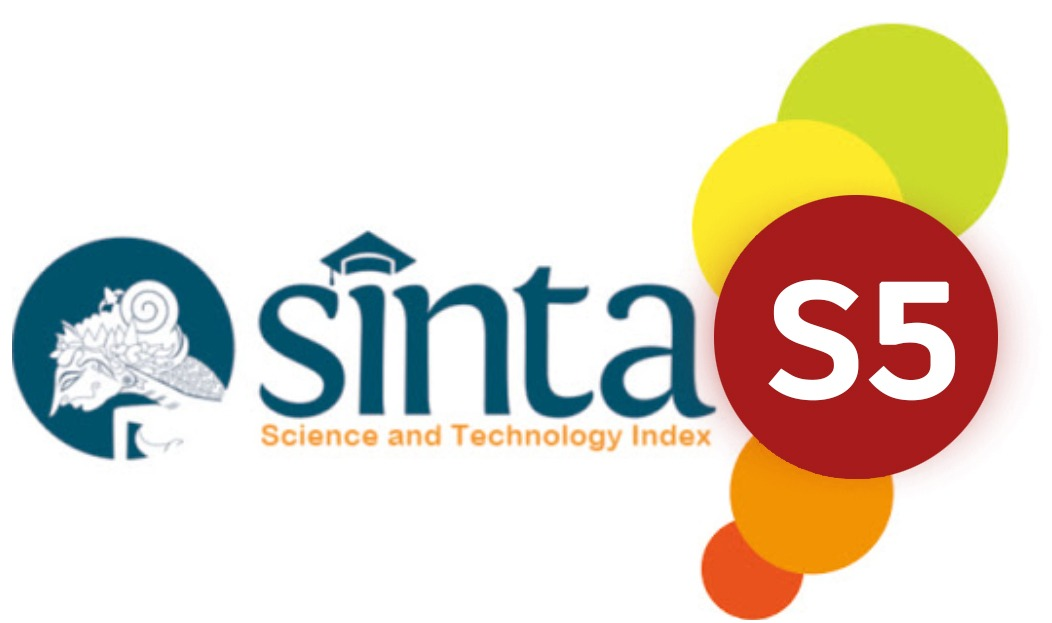Sertifikasi Halal Sebagai Bagian Strategi Ekonomi Pemerintahan Shinzo Abe
Abstract
Keywords
References
Adidaya, Y. A. (2016). Halal in Japan: History, Issues and Problems - The Effect of the Halal Boom†Phenomenon on Japanese Society and Industry (Issue June, pp. 164).
Kitayama Daisuke, Takanokura Masato, Ogiya, Mituharu (nd ) A Study on the Halal Food Supply Chain in Japan from an Inbound Perspective Proceedings of the International MultiConference of Engineers and Computer Scientists 2018 Vol II IMECS 2018, March 14-16, 2018, Hong Kong
Konety et.al. (2021). Japans Rational Choice in Developing the Halal Industry.Mimbar,Vol.37, No.1st (June,2021), pp.00-00
Mori, Takayuki, The present condition and the subject of Halal in Japan, In comparison with Malaysia , Kobe : University of Marketing and Distribution Sciences
National Institute of Population and Social Security Research. (2017). Population Projections for Japan: 2016 to 2065 (in Japanese). 62. http://www.ipss.go.jp/index-e.asp
Tatsuya Fujiwara, R. binti M. I. (2017). Issues of Japan Halal Industry: An Exploration of Potential Obstacles to Japanese Smesâ Export Development. International Journal of Supply Chain Management, 6(2).
Lipka, Michael, Hackett, Conrad ( 2017 ) Why Muslims are the worlds fastest-growing religious group https://www.pewresearch.org/fact-tank/2017/04/06/why-muslims-are-the-worlds-fastest-growing-religious-group/
Pesat ,Js, Nd Chapter IV Japanese Government Strategy In Developing Halal Tourism Industry In JapaneseSmesâ€http://repository.umy.ac.id/bitstream/handle/123456789/23451/8.%20CHAPTER%20IV.pdf?sequence=8&isAllowed=y%20http
Saville, Ramadhona, Mahbubi, Akhmad, (2021) Assessing Muslim travellers' preferences regarding food in Japan using conjoint analysis: An exploratory study on the importance of prayer room availability and halalness, https://www.sciencedirect.com/science/article/pii/S2405844021011762#bib80
Tanada,Hirofumi ( 2017 )Ever growing Muslim community in the world and Japan
https://www.waseda.jp/top/en/news/53405
DOI: 10.33751/idea.v3i2.4482
Refbacks
- There are currently no refbacks.
Copyright (c) 2021 IDEA : Jurnal Studi Jepang

This work is licensed under a Creative Commons Attribution-ShareAlike 4.0 International License.








